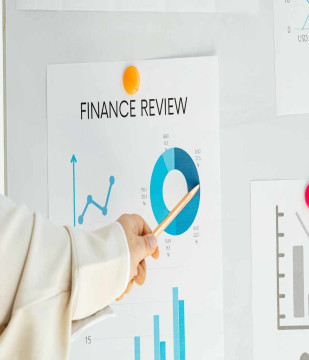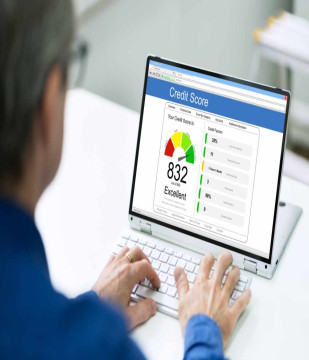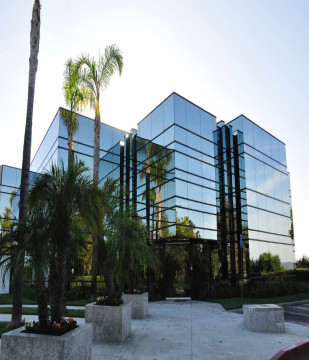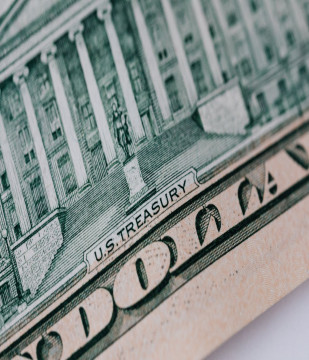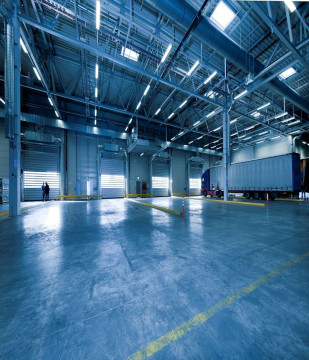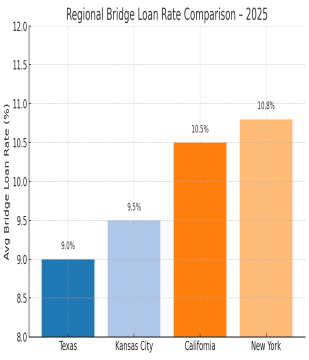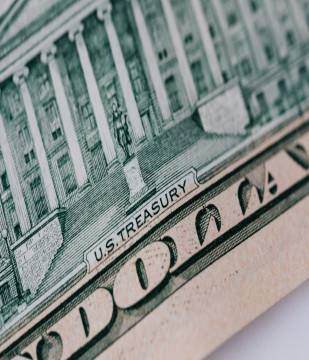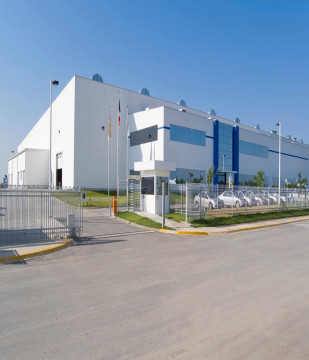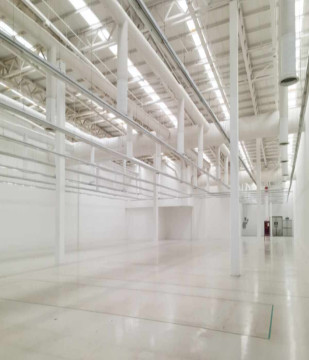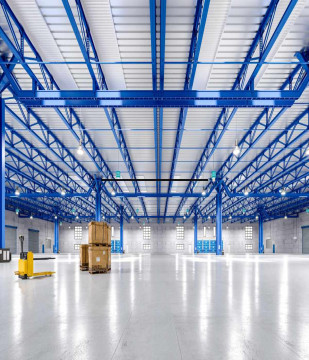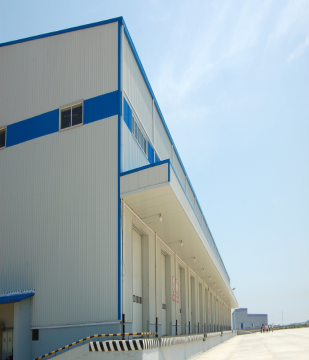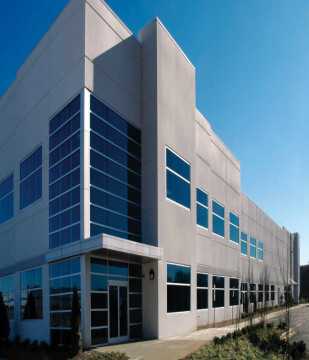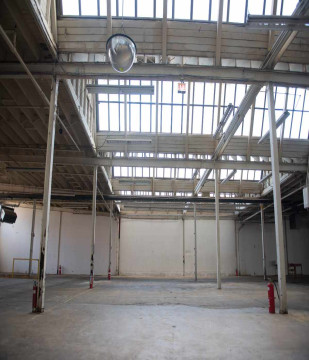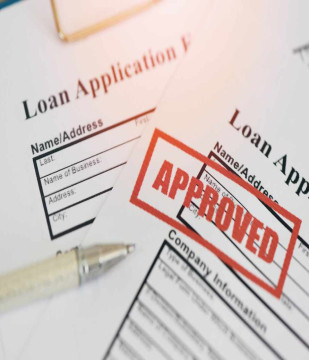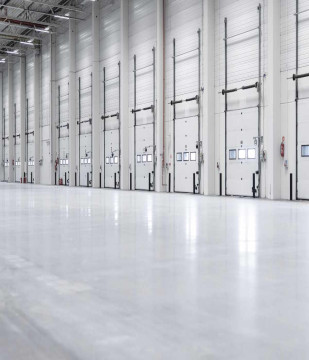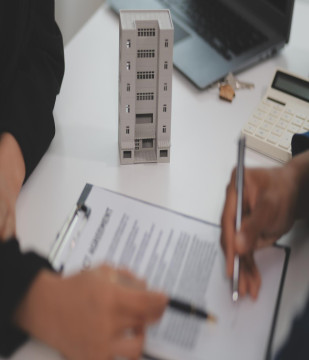Lease Audits 101

Terrydale Capital
Nov 8, 2024 11 Min read
 Learn
Learn
For commercial real estate investors, maximizing returns while minimizing risks is the cornerstone of every investment decision. One often-overlooked tool that plays a key role in ensuring accuracy, transparency, and profitability is the lease audit. Whether you're a new or seasoned commercial real estate investor, understanding lease audits can help you optimize your property portfolio. Let’s break down what a lease audit entails, why it’s important, and how it benefits commercial real estate investors.
What Is a Lease Audit?
A lease audit is a comprehensive review of the financial and operational aspects of a lease agreement to ensure all parties comply with its terms. These audits scrutinize the lease's financial details—such as rent payments, operating expenses, and CAM (Common Area Maintenance) charges—and confirm whether tenants and landlords are adhering to the agreement. Lease audits can be performed by property management companies, real estate consultants, or auditing firms and are common in properties with multiple tenants, such as office buildings, retail centers, and industrial properties.
The audit process generally includes:
- Financial Review – Verifying that the amounts billed to tenants align with the lease terms, including base rent, percentage rent, and adjustments.
- Operating Expenses Examination – Assessing if CAM expenses or maintenance charges have been accurately allocated based on the lease terms.
- Compliance Check – Ensuring the lease terms are being followed, particularly concerning tenant obligations for repairs, improvements, or insurance requirements.
- Expense Reconciliation – Checking annual or periodic reconciliations of expenses to confirm that any cost increases or adjustments are accurate and justified.
Why Are Lease Audits Important in Commercial Real Estate?
Lease audits are essential in commercial real estate because they protect the interests of both landlords and investors by verifying financial accuracy and operational compliance. Here are some of the key reasons why lease audits matter:
1. Protecting Revenue and Preventing Financial Leakage
Lease audits ensure that landlords are receiving all the income they’re entitled to under the lease terms. With complex lease structures that may include CAM charges, real estate tax allocations, and various pass-through expenses, mistakes or miscalculations can easily lead to financial leakage, which costs investors real money. A lease audit acts as a safeguard, confirming that the income received aligns with what was agreed upon.
2. Building Tenant-Landlord Transparency
Conducting regular lease audits fosters transparency and trust between landlords and tenants. By maintaining clear records and regularly verifying expenses, both parties can avoid misunderstandings or disputes down the line. When lease audits are conducted as a standard business practice, it establishes a foundation for a professional relationship that can support tenant retention and open communication.
3. Mitigating Legal Risks and Liability
Lease audits help to identify potential legal risks by ensuring that the lease is properly followed by both parties. For instance, if a tenant is obligated to cover certain maintenance or repair expenses but fails to do so, this could lead to property deterioration or even safety issues. Identifying these discrepancies through a lease audit can prevent costly legal issues and ensure compliance with regulatory standards.
4. Improving Lease and Property Management Practices
Lease audits provide valuable insights into property management practices. When discrepancies or recurring issues are uncovered, it highlights areas for improvement in the lease structuring and property management processes. This can result in better, more efficient operations and may even improve property value, as well-managed properties are often more attractive to prospective tenants and buyers.
5. Supporting Investment Valuation and Return on Investment (ROI)
In commercial real estate, the value of a property is closely tied to its revenue-generating potential. By ensuring accurate billing, expense management, and compliance, lease audits help investors maintain and even boost their investment’s valuation. For potential buyers or financiers conducting due diligence, a clean audit history demonstrates sound financial practices and makes the property more attractive, thereby supporting a stronger ROI.
How Lease Audits Benefit Commercial Real Estate Investors
For commercial real estate investors, lease audits provide a range of valuable benefits that directly impact profitability, operational efficiency, and risk management. Here’s how:
- Uncover Hidden Revenue – Lease audits often reveal billing inaccuracies that may have gone unnoticed, potentially recovering thousands of dollars in undercharged rent or misallocated expenses. For investors, this represents an opportunity to increase revenue without having to raise rents or acquire new tenants.
- Enhance Expense Efficiency – Lease audits can highlight overcharges or misallocated expenses. By identifying these discrepancies, investors can streamline operating expenses, improving the property’s bottom line and making it more financially attractive.
- Increase Tenant Retention – A lease audit that fosters transparency can also help improve tenant satisfaction. When tenants see that landlords are committed to accurate billing and fair expense allocation, it strengthens their confidence in the landlord, which can reduce tenant turnover and stabilize occupancy rates.
- Strengthen Negotiation Leverage – When renegotiating lease terms or signing new tenants, a clean audit history and transparent financials can serve as leverage. Investors who have a well-documented history of fair and accurate lease management are in a stronger position to command favorable lease terms or higher rental rates.
- Improve Financial Accuracy for Strategic Planning – Lease audits provide a wealth of data that can guide future financial planning, budgeting, and investment strategies. Accurate insights into expenses and revenues enable investors to make better-informed decisions about property improvements, lease terms, and other financial commitments.
When Should Investors Conduct Lease Audits?
Most commercial real estate investors will conduct a lease audit at specific intervals—typically annually or biannually. However, there are several key times when an audit can be particularly beneficial:
- Before Acquiring a Property – Conducting a lease audit during the due diligence phase can give investors an accurate picture of expected revenue and expenses.
- During Lease Renewal Negotiations – An audit before renewing a tenant’s lease helps ensure the landlord is receiving fair compensation and that any updated terms are financially sound.
- When Operating Expenses Increase – A spike in operating expenses might indicate the need for an audit to ensure that CAM charges and other expenses are being accurately assessed.
Final Thoughts
In commercial real estate, maximizing returns is all about attention to detail. Lease audits provide an invaluable layer of financial and operational accuracy, helping investors protect their revenue, mitigate risk, and improve property performance. For investors seeking to build a stable and profitable commercial real estate portfolio, regular lease audits are not just a best practice—they’re an essential tool for long-term success.
At Terrydale Capital, we not only have connections to a variety of financing resources, but we also boast a broad range of connections to some of the nation’s top third-party companies providing the necessary lease audits for your investment needs. When you need a team that can expedite all aspects of the investing process, contact us today.
Partner With Terrydale Capital for Your Debt Financing Needs
When it comes to debt financing, understanding the right timing, process, and options is crucial. At Terrydale Capital, we provide a comprehensive range of commercial loan solutions tailored to meet your business's unique needs.












